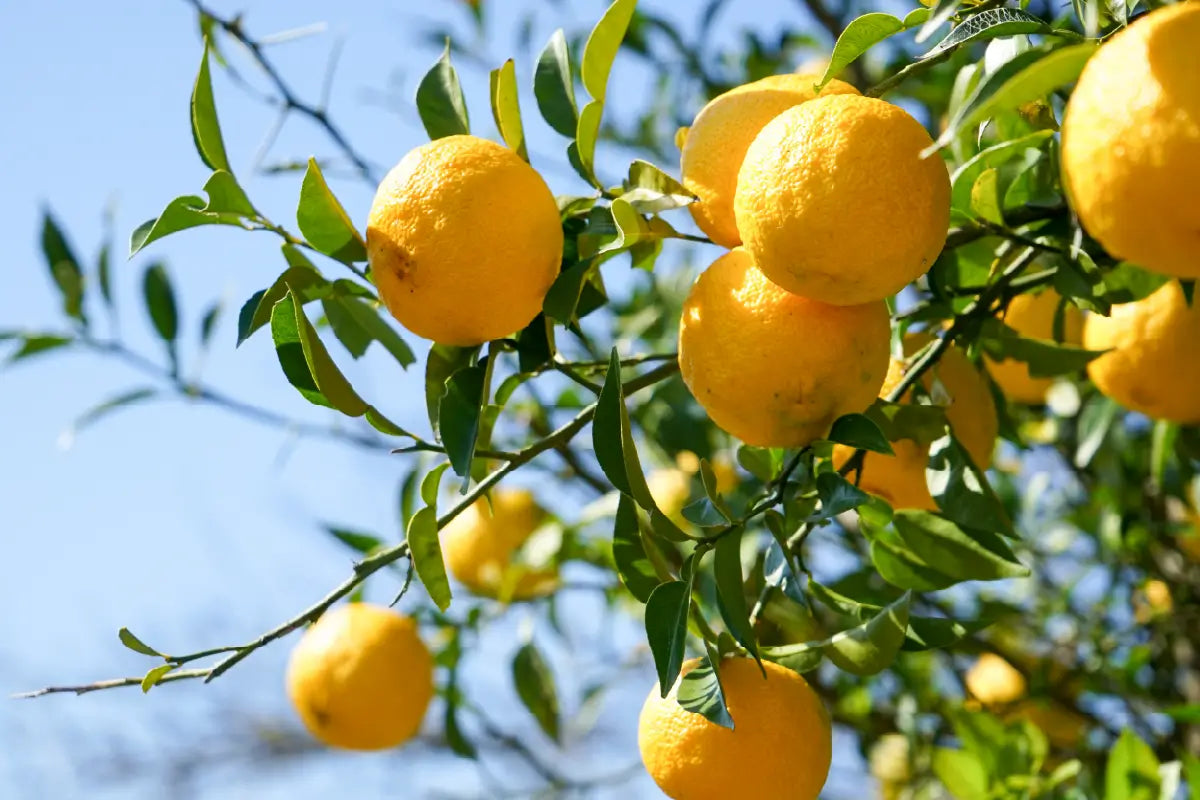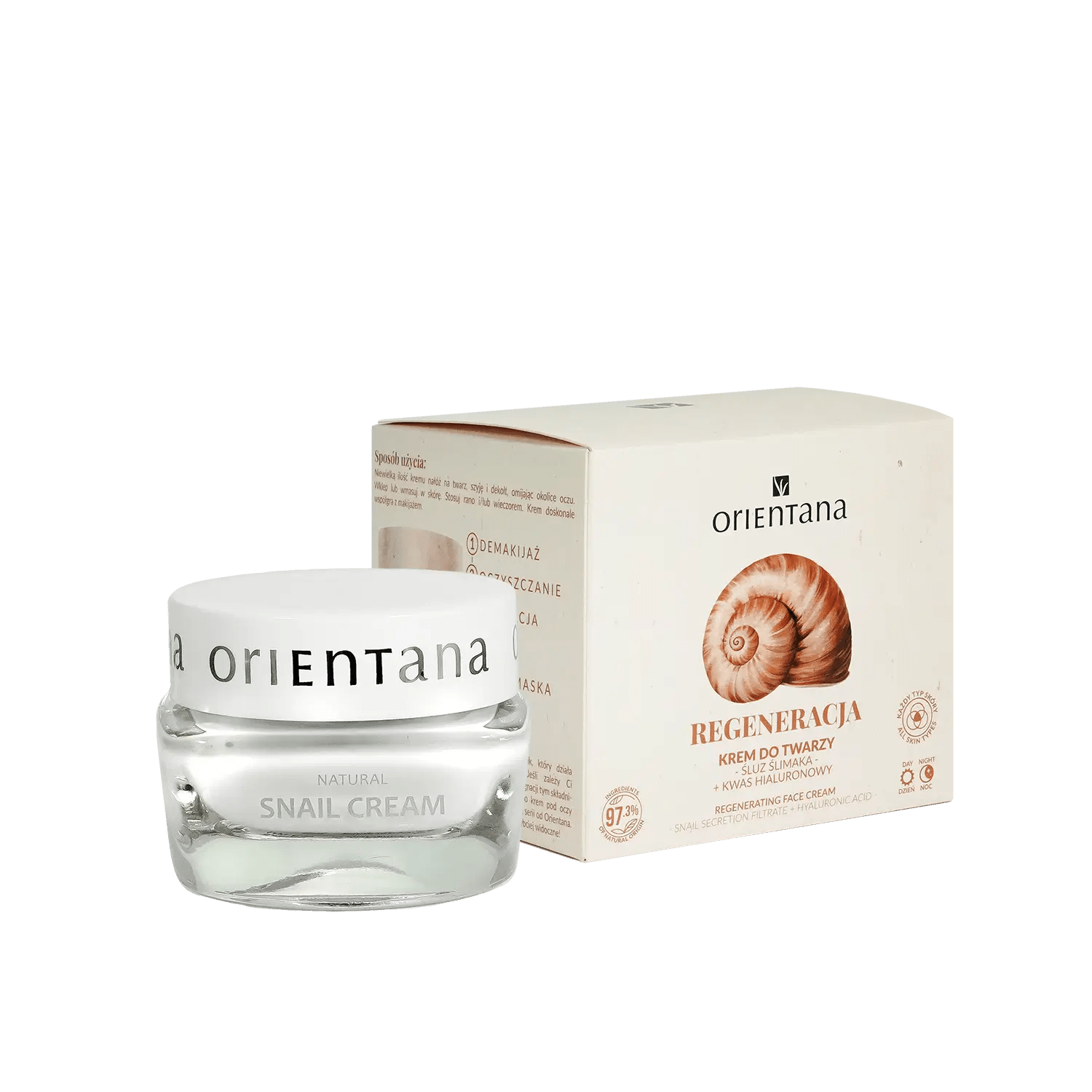Ceramides constitute 40-50% of the lipids in the stratum corneum and are crucial for maintaining healthy, moisturized, and irritation-resistant skin. When their levels decline—which happens naturally after the age of 30 or due to external factors—the skin becomes dry, loses firmness, and ages more rapidly.
Plant ceramides are a modern alternative to synthetic and animal ceramides, obtained from sources such as wheat, rice, soy, and the exotic yuzu fruit ( Citrus junos ). Yuzu Ceramide B is of particular interest – the first ingredient in history to isolate ceramides from plants with a structure nearly identical to human skin ceramides.
Studies show that Yuzu Ceramide B can:
-
increase skin hydration after just 4 weeks of regular use,
-
reduce transepidermal water loss ( TEWL ) even within 3 hours after application,
-
improve hair smoothness after 30 care cycles ,
-
reduce the length of wrinkles in the corners of the eyes after a month of treatment.
In this article, we will explain how plant ceramides work, why the skin's hydrolipid barrier is so important, and how Yuzu Ceramide B differs from other types of ceramides.
What are plant ceramides?
Ceramides are a type of lipid that constitutes 40–50% of the stratum corneum. Their main role is to maintain skin cell cohesion and protect against excessive water loss. They keep skin smooth, elastic, and resistant to irritation.
Plant ceramides are becoming increasingly popular in everyday care – they are obtained from raw materials such as:
-
wheat grains ( Triticum vulgare ),
-
rice bran ( Oryza sativa ),
-
soybean ( Glycine max ),
-
and the exotic fruit yuzu ( Citrus junos ).
Why are plant ceramides so valued in cosmetics?
-
They are vegan and suitable for people who avoid animal ingredients.
-
They may have a structure similar to natural skin ceramides, which increases their bioavailability.
-
They support the regeneration of the hydrolipid barrier and limit TEWL (transepidermal water loss) .
A particular innovation in this category is Yuzu Ceramide B – the first ingredient ever to isolate ceramides from the fruit, with a structure almost identical to those naturally found in human skin. This makes them exceptionally effective in restoring the epidermal barrier, and their effects have been confirmed in clinical studies.
Why is the hydrolipid barrier so important?
The hydrolipid barrier is the skin's natural "protective shield," composed primarily of ceramides (40–50%) , cholesterol, and fatty acids. Its role is to:
-
water retention in the epidermis,
-
protection against external factors – wind, frost, UV radiation, pollution,
-
protection against microorganisms and irritants.
When the amount of ceramides decreases (e.g., after the age of 30 , as a result of using strong detergents, or with skin conditions such as atopic dermatitis and psoriasis), the barrier becomes leaky. The consequences include:
-
increased TEWL – transepidermal water loss may increase by up to +50% ,
-
feeling of tightness and dryness,
-
greater tendency to irritation and inflammation,
-
accelerated skin aging – loss of firmness, appearance of wrinkles.
Studies show that rebuilding the hydrolipid barrier can reduce TEWL to the level of healthy skin after just a few hours. Yuzu Ceramide B stands out in this regard – in clinical tests, it reduced TEWL within 3 hours after application to skin damaged by detergent (10% SLS), and the effects persisted with regular use.
Strengthened barrier = more moisturized, smooth and resistant to external factors skin.
Yuzu Ceramide B – a new generation of plant ceramides
Yuzu Ceramide B is a breakthrough ingredient derived from the yuzu fruit ( Citrus junos ), a popular citrus fruit known in Japan for its high content of vitamin C, flavonoids, and natural ceramides. For the first time in history, ceramides with a structure nearly identical to that found in human skin have been isolated from plants.
Composition and properties
-
Natural plant ceramides – rebuild missing lipids in the stratum corneum.
-
Biocompatible structure with the skin – high bioavailability and effectiveness in regenerating the hydrolipid barrier.
-
Rich in antioxidants from yuzu – additional protection against free radicals.
Mechanism of action
-
Rebuilding the epidermal barrier – filling the “gaps” between corneocytes with ceramides similar to human ones.
-
TEWL reduction – preventing water loss within 3 hours of application.
-
Increased hydration – improved electrical conductivity in the stratum corneum after 4 weeks of use.
-
Hair regeneration – smoothing of cuticles after 30 care cycles .
-
Anti-wrinkle effect – shortening the length of wrinkles in the corners of the eyes after 4 weeks of use.
Proven clinical effectiveness
-
+ Skin hydration – a significant increase after a month of applying tonic with 5% Yuzu Ceramide B ( p < 0.10).
-
– TEWL – significant reduction 3 hours after application to SLS-irritated skin ( p < 0.01).
-
+ Hair – cuticles smoothed and less susceptible to damage after 30 soaking treatments in a 1% Yuzu Ceramide B solution.
-
– Wrinkles – reduction in wrinkle length after one month of use ( p < 0.10).
Effect: The skin is intensely moisturized, more resistant to irritation, smoother and younger, and the hair gains protection and shine.
What cosmetics contain yuzu ceramides?
Yuzu ceramides, particularly the innovative Yuzu Ceramide B , are featured in modern anti-aging formulas designed to intensively rebuild the hydrolipid barrier, hydrate, and smooth the skin. An example of such a product is Orientana – Regenerating Cream-Mask with Yuzu Ceramides, Trehalose, and Sativa .
This vegan cream-mask, inspired by Japanese beauty rituals, uses biotechnologically derived plant ceramides from the yuzu fruit to rebuild skin structure, reduce transepidermal water loss ( TEWL ), and improve elasticity. Trehalose protects cells from oxidative stress and moisture loss, while oat ( Avena sativa ) extract soothes irritation and supports regeneration.
Effects confirmed by research:
-
improvement of skin hydration in 28 days,
-
smoothing the structure of the epidermis,
-
reducing roughness and increasing elasticity.
This 94.5% natural formula, free of animal-derived ingredients, works well as both a day and night cream and an intensive regenerating mask. It's an ideal choice for those seeking natural anti-aging care with plant ceramides .
Why choose Yuzu Ceramide B over other ceramides?
Natural origin – Yuzu Ceramide B is obtained from the yuzu fruit ( Citrus junos ), making it a fully plant-based, vegan alternative to synthetic or animal-derived ceramides.
Higher bioavailability – its structure is almost identical to ceramides naturally occurring in human skin, which increases absorption and effectiveness.
Synergy of hydration and brightening – in addition to ceramides, yuzu is a source of vitamin C, which brightens the skin, evens out skin tone and enhances the anti-aging effect.
As a result, Yuzu Ceramide B not only rebuilds the hydrolipid barrier, but also ensures the healthy appearance, firmness and radiant glow of the skin.
Plant ceramides, especially Yuzu Ceramide B , represent the future of natural skincare – combining the traditional wisdom of Asian rituals with modern biotechnology. They help skin regain moisture, firmness, and resistance to external factors, while slowing down the aging process.
💚 Discover cosmetics with Yuzu Ceramide B and introduce them into your daily routine: See products with plant ceramides »
By incorporating them into your skincare routine, you give your skin real support in regenerating and maintaining a healthy, youthful appearance.






